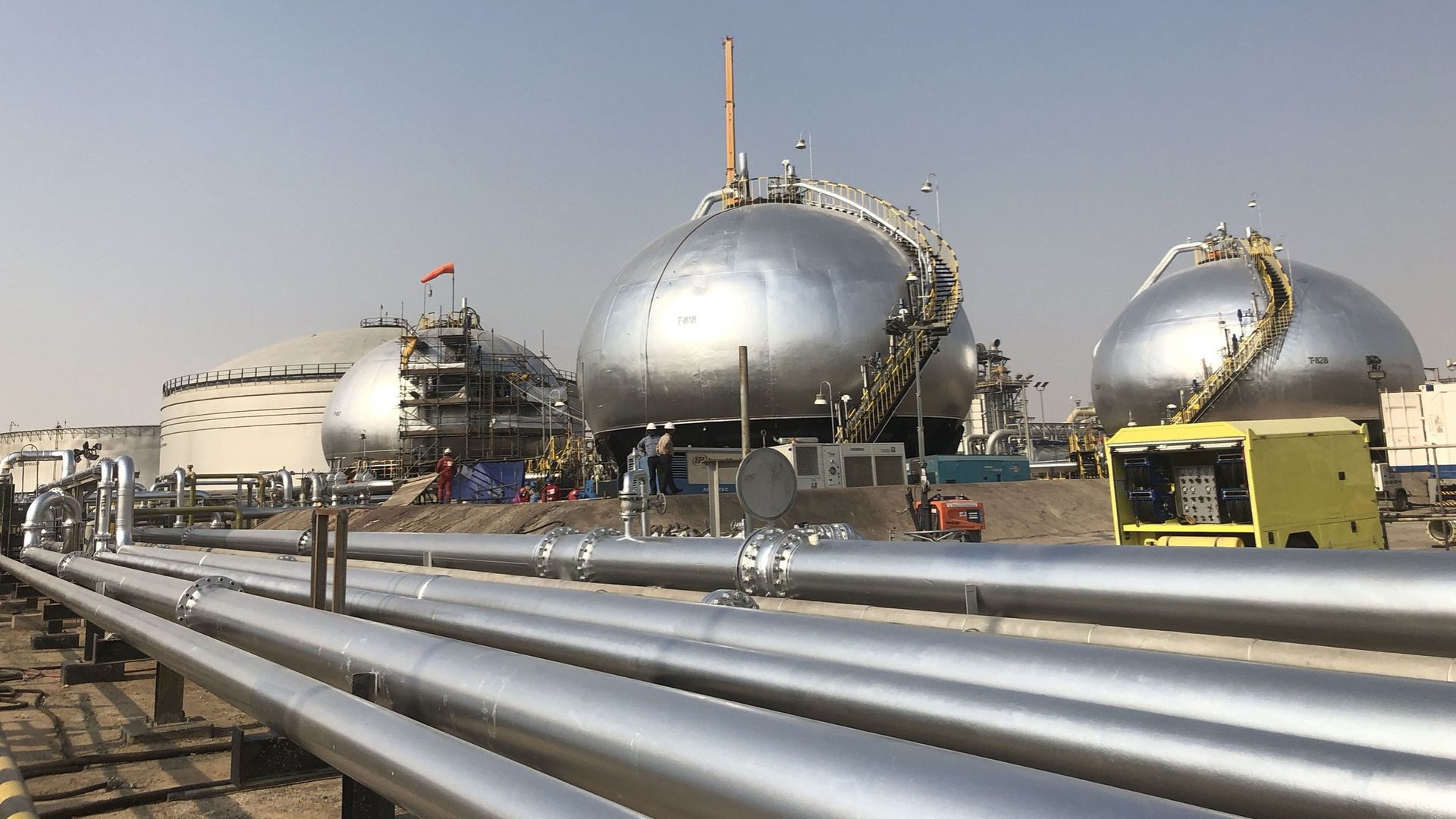
Opec+ has gone through some dry times. But now it has struck oil. Saudi Arabia and Russia’s production cuts have succeeded in lifting oil prices by 27 per cent to $95 per barrel since the end of June. With oil now within sight of last year’s $100/bbl average, consensus estimates for the energy sector look out of date.
This run marks a return of form for the cartel. Not so long ago, member producers quailed at tighter output quotas, fearing a rapid supply response from US shale producers. The new financial discipline demanded by exploration and production investors — profits before growth — has given Opec a stronger hand.
A surprisingly resilient global economy has helped. Despite fears about economic weakness in China, its crude imports rose to 11.5mn barrels a day in August, according to Jorge León at Rystad Energy. That is 2mb/d higher than this time last year. That sort of leap leaves China accounting for the lion’s share of this year’s forecast world demand growth. The International Energy Agency puts it at 2.2mb/d.
The world now produces less oil than it consumes. Cue rapid destocking. Inventories around the world plummeted in August and should continue to fall over the coming months.
The tightness in the market supply may well continue into next year. The exponential penetration of electric vehicles should lop off half a million barrels of oil from demand. Yet overall economic growth should lead to a small increase in consumption compared with this year’s 101.8mb/d.
Meanwhile, oil production has to run just to stand still. Output from big, conventional oilfields declines at a rate of about 3 to 5 per cent annually, no matter what. Few new projects are expected to come on stream in 2024. The wild card here is Iran, where production has risen sharply despite sanctions.
The “Saudi lollipop” — a sweetener for the oil market — has wrongfooted analysts. Analysts expect earnings at European energy producers to fall 23 per cent fall in 2023 and a further 6 per cent next year, according to Bernstein Research. These should start to rise — and with it the stock prices of the European majors, such as Shell and Eni.
The sector’s lowly forward multiple of 7.4 times, despite record cash flow yields, could test the resolve of investors to avoid these carbon-heavy giants.